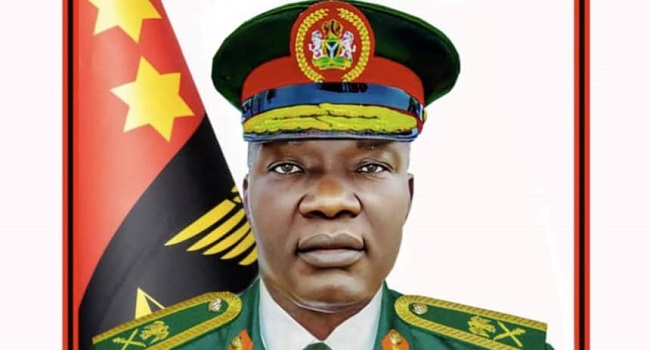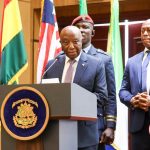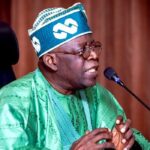
THE recent viral backlash of a young soldier against the arrest of a lance corporal by Governor Babajide Sanwo-Olu of Lagos State reflects a deep-seated disdain for civil rule by Nigerian soldiers. It is a pregnant message to the military top brass that their preaching that the military is subordinate to civil authority in a democracy has not permeated the recesses of the institution. The Chief of Army Staff, Taoreed Lagbaja, and the other Service Chiefs must devise sustained means of upholding democratic ethos in Nigeria.
This culture of arrogance is demonstrated in the response to the recent arrest of a soldier, who was rightly apprehended for violating the ‘one-way’ regulation (facing oncoming traffic) by Sanwo-Olu on the Lagos-Badagry Expressway. Going online, a soldier accused Sanwo-Olu of overstepping his bounds by arresting the lawless soldier, saying the governor had no right to arrest a soldier since the military was not under the control of any state governor, and especially in front of a military barracks. This is nonsense. The law is no respecter of anybody.
Shockingly, he added that the governor was “behaving like a tout” while attempting to stop people from plying the one-way route and that if he were in the shoes of his colleague, he would disobey the governor’s reprimand, defend himself, if necessary, but obey his senior officers. Other suspected military officers followed suit, dousing the polity with vitriol.
Although the COAS has doused tensions by saying the offender had been arrested, while disassociating the military from those online comments, Nigerians await decisive actions that will deter other soldiers from their anti-democratic conduct.
For now, many soldiers still ride roughshod over the citizens. They act tyrannically at will. In December, soldiers allegedly assaulted an Assistant Superintendent of Police, Edet Inyang, for parking his car close to their barracks in Asaba, Delta State. This is unacceptable. Soldiers are not a court of law that will mete out punishment for a parking violation.
While Nigeria’s chequered history saw the military rule the country for 29 years, creating a privileged force with untrammelled political power, its activities within Nigeria’s fraught federalism further embolden non-compliance to scrutiny and oversight.
In many ways, the political leadership shares part of the blame. The military, which is statutorily meant to tackle external aggression and terrorism, has consistently been involved internal security duties reserved for the police at the behest of the civilians. As such, the military now takes charge of protests, elections, criminality, kidnapping, and banditry. It participates in internal security operations in the 36 states and the FCT. This has led to devastating consequences.
In one such outrage in Adamawa, soldiers from the 23 Armoured Brigade attacked the Adamawa Police Command, killing a police inspector in November. It was in reaction to an earlier disagreement between police officers and three soldiers at a stop-and-search point at Target Junction, Yola North LGA. On many occasions in Lagos, soldiers have gone berserk, invading police stations and assaulting citizens.
Amnesty International accused the military of extrajudicially killing 1,200 persons in the South-East between 2011 and 2015, while 700 youths died in detention. The military denied this. The military has yet to clear the doubts over its invasion of the #EndSARS protests in October 2020.
However, in a democracy, there are clear rules of engagement between the military and the civilian authority, sacrosanct among which is the subordination of the military to civil authority, and obedience to the law.
Therefore, the soldier who insulted a state governor must be brought to book. Lagbaja and the Service Chiefs must impress on the military that they are not above the law.
On its part, the political leadership should gradually disengage the military from internal security operations.














